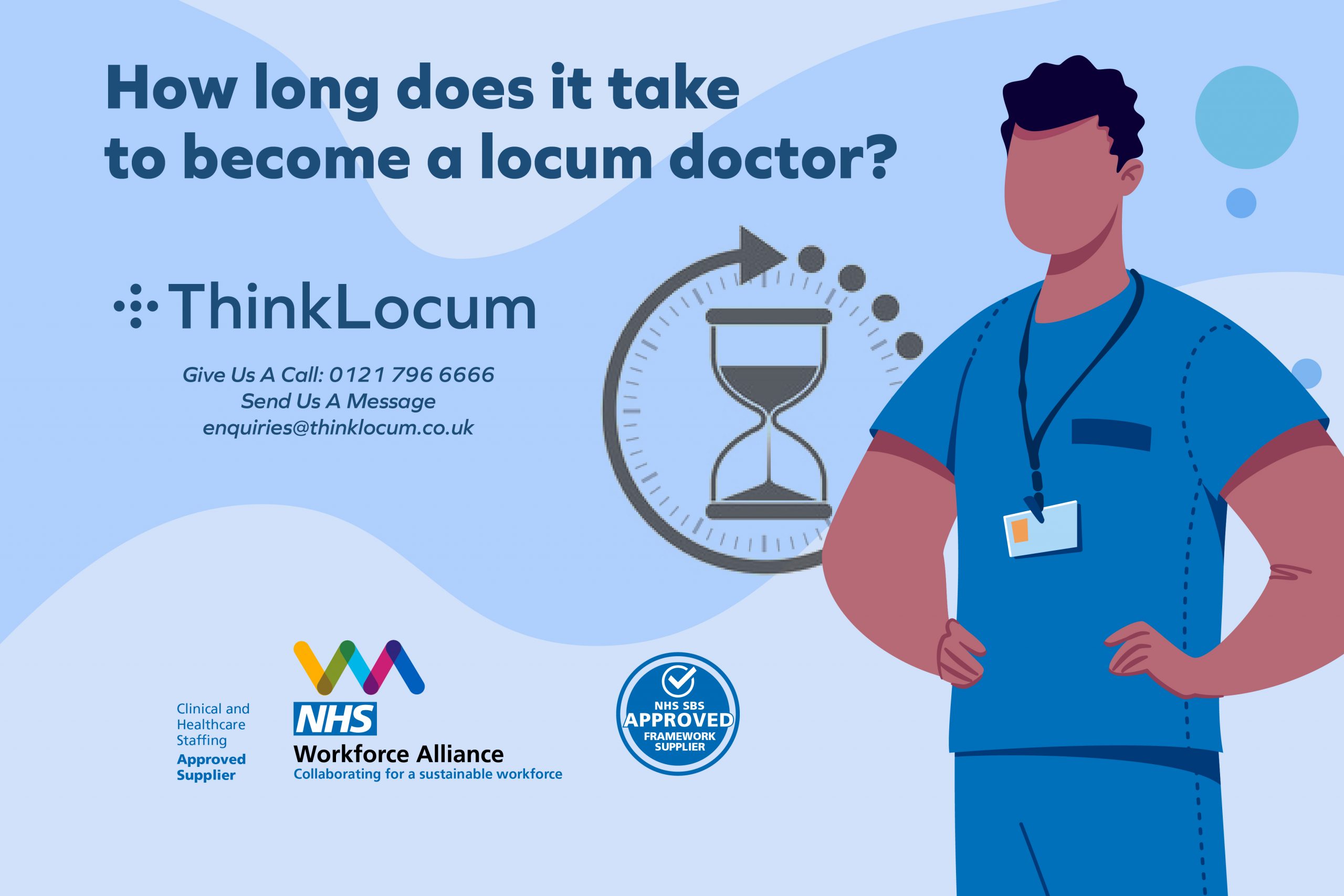
Becoming a locum doctor offers medical professionals the opportunity to work in temporary positions, providing flexibility, diverse experiences, and financial rewards. If you're considering embarking on a locum career, you may be wondering about the timeline involved. In this blog, we will explore the journey to becoming a locum doctor, including the educational requirements, training, and licensing processes. By understanding the steps involved, you can better plan your path and make informed decisions about pursuing locum work.
Medical Education and Residency Training (Word Count: 150)
Becoming a locum doctor begins with completing the necessary medical education. This typically includes obtaining a bachelor's degree, followed by four years of medical school to earn a Doctor of Medicine (MD) or Doctor of Osteopathic Medicine (DO) degree. After medical school, aspiring doctors enter residency training, which can vary in duration depending on their chosen specialty. Residency programs generally last between three to seven years, during which doctors receive hands-on training and supervision in their chosen field.
Obtaining Medical Licensure (Word Count: 150)
To practice medicine as a locum doctor, obtaining medical licensure is essential. After completing residency training, doctors must apply for a medical license from the relevant medical board or licensing authority in the jurisdiction where they intend to work. The licensure process typically involves submitting an application, providing documentation, undergoing background checks, and passing the required exams, such as the United States Medical Licensing Examination (USMLE) or Comprehensive Osteopathic Medical Licensing Examination (COMLEX).
While the educational and licensing requirements form the foundation, gaining clinical experience is crucial before transitioning into locum work. Doctors often work in full-time positions initially to gain practical experience, enhance their clinical skills, and build a professional network. This period allows doctors to refine their expertise, develop proficiency in their chosen specialty, and gain exposure to different patient populations and medical settings.
To stand out as a locum doctor and increase your chances of securing desirable assignments, acquiring specialized skills and certifications can be advantageous. Doctors may pursue additional training programs, fellowships, or obtain certifications in subspecialties or specialized procedures. These additional qualifications demonstrate expertise and proficiency, making locum doctors more marketable and sought after by healthcare facilities seeking specific skills.
Once doctors have completed their education, training, and acquired necessary licenses, they can begin their journey as locum doctors. One option is to join locum agencies, which act as intermediaries, connecting locum doctors with healthcare facilities in need of temporary staffing. Agencies handle administrative tasks, negotiate contracts, and match locums with suitable assignments. Alternatively, some doctors choose to establish independent locum practice, directly seeking opportunities and managing their own contracts and scheduling.
Building a strong professional reputation and network is vital for locum doctors. Providing high-quality care, maintaining professionalism, and receiving positive feedback from healthcare facilities and colleagues are key to establishing a reputable presence in the locum community. Actively networking, attending medical conferences, and engaging with colleagues can lead to referrals, new opportunities, and a wider network of professional connections.
The timeline to become a locum doctor varies depending on individual factors, including prior education, residency training, licensing requirements, and personal career goals. The journey involves completing medical education, obtaining licensure, gaining clinical experience, acquiring specialized skills, and establishing connections within the locum community. By understanding the steps involved and investing in continuous professional development, aspiring locum doctors can embark on a fulfilling career that offers flexibility, diverse experiences, and the opportunity to make a meaningful impact in various healthcare settings.
If you are looking to switch to locum work, get in touch with us today!
We've got more informative and insightful resources for you on the ThinkLocum blog.